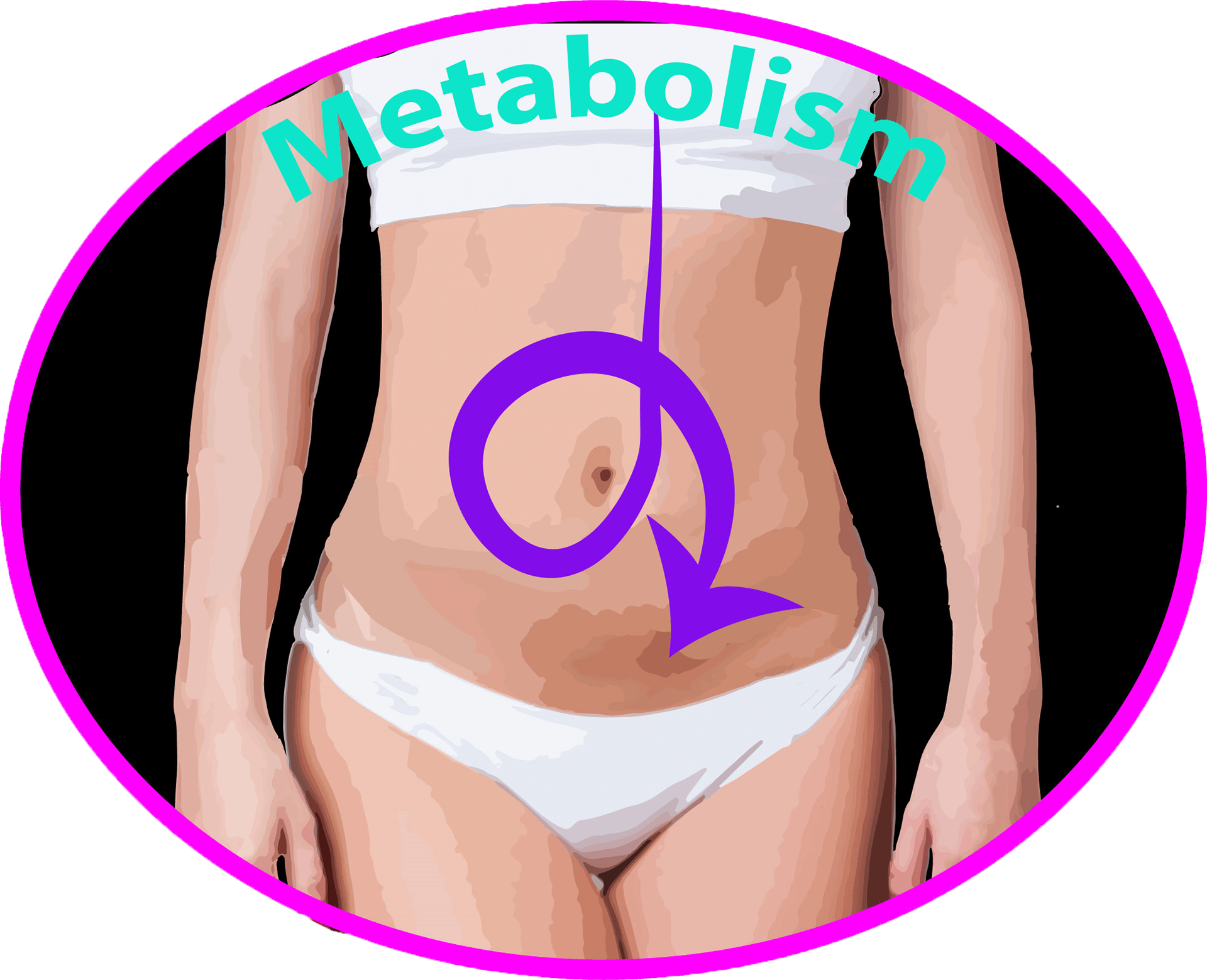
Understanding our body
Understanding how our body functions let us optimize our habits, like diet and exercise, and get the major advantages. Even small but well-funded changes may improve our life quality and keep us healthy for a longer time. While your body feels better, you also look better!
Scientists are exploring how the same intervention (for example, one specific diet type) acts differently from person to person. Unfortunately, this means that what is adequate for your best friend may not work for you. Why? The answer is in the metabolism.
Metabolism is a word common in our days. The central meaning of this word is transformation.
Thus, in our bodies (and in the body of any living being), metabolism refers to the transformation of products inside us. In that sense, we can imagine our body as a machine able to transform.
Thus, in our bodies (and in the body of any living being), metabolism refers to the transformation of products inside us. In that sense, we can imagine our body as a machine able to transform.
The main type of products that our body transforms are foods, which enter our body during our everyday diet. We transform that food; our body extracts from food whatever is possible and eliminates the remnants. Let’s think about other less evident types of products that our body metabolizes (aka transforms). For example, the topical lotion you apply over your skin (depending on the composition), some of its ingredients could enter into skin cells and be metabolized (transformed). Whether that transformation generates sub-products helpful or not for our cells, is a different matter.
Internal biological variants between the bodies of different persons are one reason behind the differences in the efficiency of dietary plans. Also, the lifestyle will impact how the body uses the calories that it gains each day.
Knowing what metabolism is, and how internal biological variants are set, will help us to understand how each person metabolizes or transform food in a different rate. Next, the energy derived from the food transformation is used for our body to keep going. Thus, our lifestyle will impact the rate of energy used, and the rate at which our body will demand it to keep going in our day by day. Still, this is a very simplified view of the process. The combination of the factors described, creates a type of individual metabolic “thermostat” that controls our body weight in the long term.
Here are top-hints:
1. Always contact your primary care doctor or look for a nutrition specialist before making big changes in your diet.
2. Be aware of your body. Weight is a parameter, but any other change in your body can result from your diet. Always pay attention to your changes.
3. Get informed, commit with yourself, and go with small steps. You may modify gradually your old habit to get more permanent results.
2. Be aware of your body. Weight is a parameter, but any other change in your body can result from your diet. Always pay attention to your changes.
3. Get informed, commit with yourself, and go with small steps. You may modify gradually your old habit to get more permanent results.
Science behind probiotics. What we know?
Do we really need them?
Surely you are familiar with this word (probiotics), especially if you eat yogurt. However, probiotics are abundant in a variety of foods. In our bodies, we have large communities of microscopic organisms (including bacteria, fungus, and others micro-beings, … -yes! this may sound gross ). The biggest community of microorganisms lives in our gastrointestinal tract and we control the types of microbes and their abundance by our dietary intake.
Our gut microbiome is established since our baby-phase. Even we scientists have many questions to answer about how our mothers by the utero help us to establish our initial microbiota. In recent years, some studies have suggested that when our initial microbiota fails, some diseases like autism may appear! [1] Then, at the time of born, whether we did by natural partum or not, also seems to have a relation with an additional collection of microbes [2].
After we born, we continue to form our microbiome, which is modified depending in whether we breastfed or not, and later on, the diversity of our gut microbiome becomes a consequence of our diet (mainly). More important, a pool of studies try to bring evidence about how the adequate intake of correct probiotic populations may ameliorate specific diseases [3].
At this point, you may have an answer for our initial question: do we need probiotics? Yes, we need them as much as they need us, because we are their host. While many research is still pending, there is no doubt that those small beings are more important than we though years ago.
# The microbiome is the microscopic community living in our body (this includes bacteria, fungus, and other invisible beings) that help our body keep functioning in an optimal state.
# The largest microbiome community is in our gastrointestinal tract.
# We are the hosts: We control them by our dietary intake!
Probiotics: our microscopic partners in our gastrointestinal track
REFERENCES
[1] Hsiao, E.Y. et al. (2013). Microbiota modulate behavioral and physiological abnormalities associated with neurodevelopmental disorders. Cell 155, 1451–1463.
[2] Francino, M.P. (2018). Birth Mode-Related Differences in Gut Microbiota Colonization and Immune System Development. Ann Nutr Metab 73 Suppl 3, 12–16.
[3] Markowiak, P., and Śliżewska, K. (2017). Effects of Probiotics, Prebiotics, and Symbiotics on Human Health. Nutrients 9.